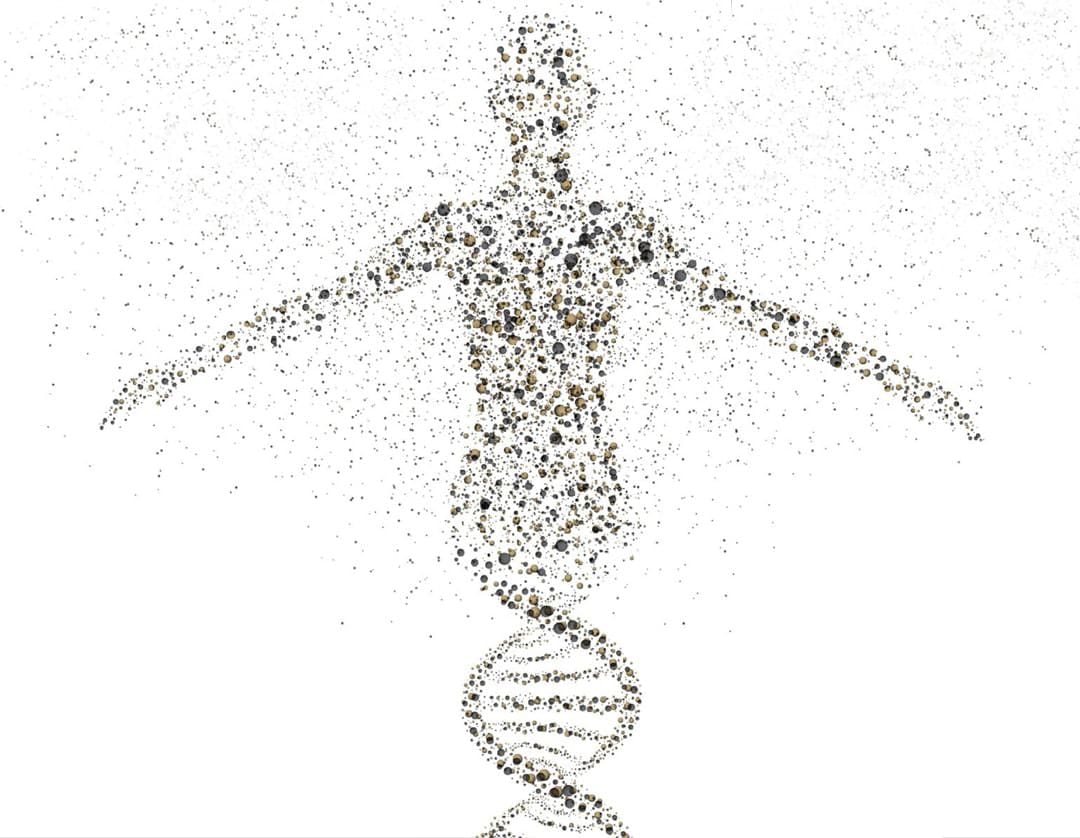
BW: Do you think that in 100 years, people will look upon our time — in the way we mental illness, and psychopharmacology — in the same way we now look at medicine before the microscope: cringing at leeches and bloodletting and that sort of thing?
EG: Absolutely. That’s in the nature of history and social societal development. The essence of progress is making things better, and the flipside of that is that when one looks back at the way things were in the past, they often look silly. But one has to realize that they were necessary precursors of today’s progress, and I think it was Newton who said one develops insights by standing on the shoulders of giants. We owe our current progress to the blunders and naiveté of our predecessors decades and centuries ago.
BW: Do you believe in a previously untapped human potential that will be developed the more we understand our brains?
EG: As a general proposition, yes. How it will happen, I don’t know. But it’s a very plausible and certainly a very appealing proposition to entertain.
BW: Should mental fitness training become as popular as physical fitness is?
EG: It will. We are at the threshold of this new trend claiming its place in mainstream culture on par with physical fitness. It hasn’t happened yet, but we are moving in that direction quite rapidly.
BW: Your book “The Wisdom Paradox” is about the mental advantages of aging.
EG: Well, what else do you expect me to say, given that I am already in that age bracket? Am I expected to concede it is all a loss? Of course not. I say that in jest, but in reality the mental advantage of aging is in the accumulation of what I call “patterns.”
Earlier today, a former student of mine called from Detroit. He’s a very prominent neuroscientist in his own right, and he called me for advice about a patient he was having trouble understanding. I gave him an instantaneous response because it immediately resonated with my experience. His case was not exactly like any case I had encountered, but sufficiently close to a number of cases to sufficiently adhere to a general template. So with age, some of us — not all of us — accumulate a vast library of such templates, which enable us to crack various seemingly thorny mental challenges without much mental effort.
Now, I said that some of us develop this mental repertoire. It’s not an automatic benefit of aging. It’s a benefit of the culmination of a life spent in active mental pursuits. If a life is spent drinking beer and not doing much with one’s mind, these patterns will not accumulate. They are a product of mental labors.
BW: There’s a lot of talk these days about neuroplasticity and how we can improve our brains at any age. What do you think the limits of neuroplasticity are?
EG: Well, nobody knows how to quantify it. But you broach an important point. Everything is finite, limited, and up to a point. When people say we can do various things to improve our health, physical well-being and mental well-being, it is always to a point. Beyond a certain point, we are dead. You see what I’m saying? Whatever claims we make, we should always be aware of the finite nature of everything. There are biological finalities that cannot be overturned. But within these finalities, there is enough wiggle room for us to impact through our behavior.
BW: What do you think the role of organizations, like the IBREA Foundation, can be in all of this?
EG: I think the impact of organizations like IBREA can be huge. By virtue of its being a global, international organization linked to the United Nations, which provides a unique platform for promoting various knowledge and ideas, and by not being embedded in a huge bureaucracy. It can be nimble and dynamic, and can act in a rapid, efficient, and effective fashion. I think it can be a tremendous platform for educating the general public about the brain, promoting a healthy lifestyle, and supporting cutting edge research. It is a potentially tremendous platform.
This article was originally published in the Spring 2009 issue of Brain World Magazine.
Related Article
- The Importance Of Play: An Interview with Dr. Jaak Panksepp
- Molding Your Mind: An Interview with Elkhonon Goldberg
- The New Age of Enlightenment: An Interview With Steven Pinker
- Thinking Like Sherlock: Lessons From the Famed Detective
- Three Prescriptions For A Healthy Brain
- Youth Mental Well-Being: The Key to Our Future








